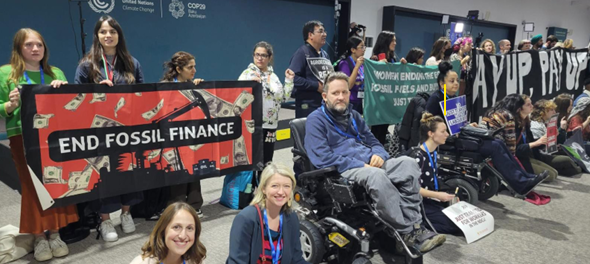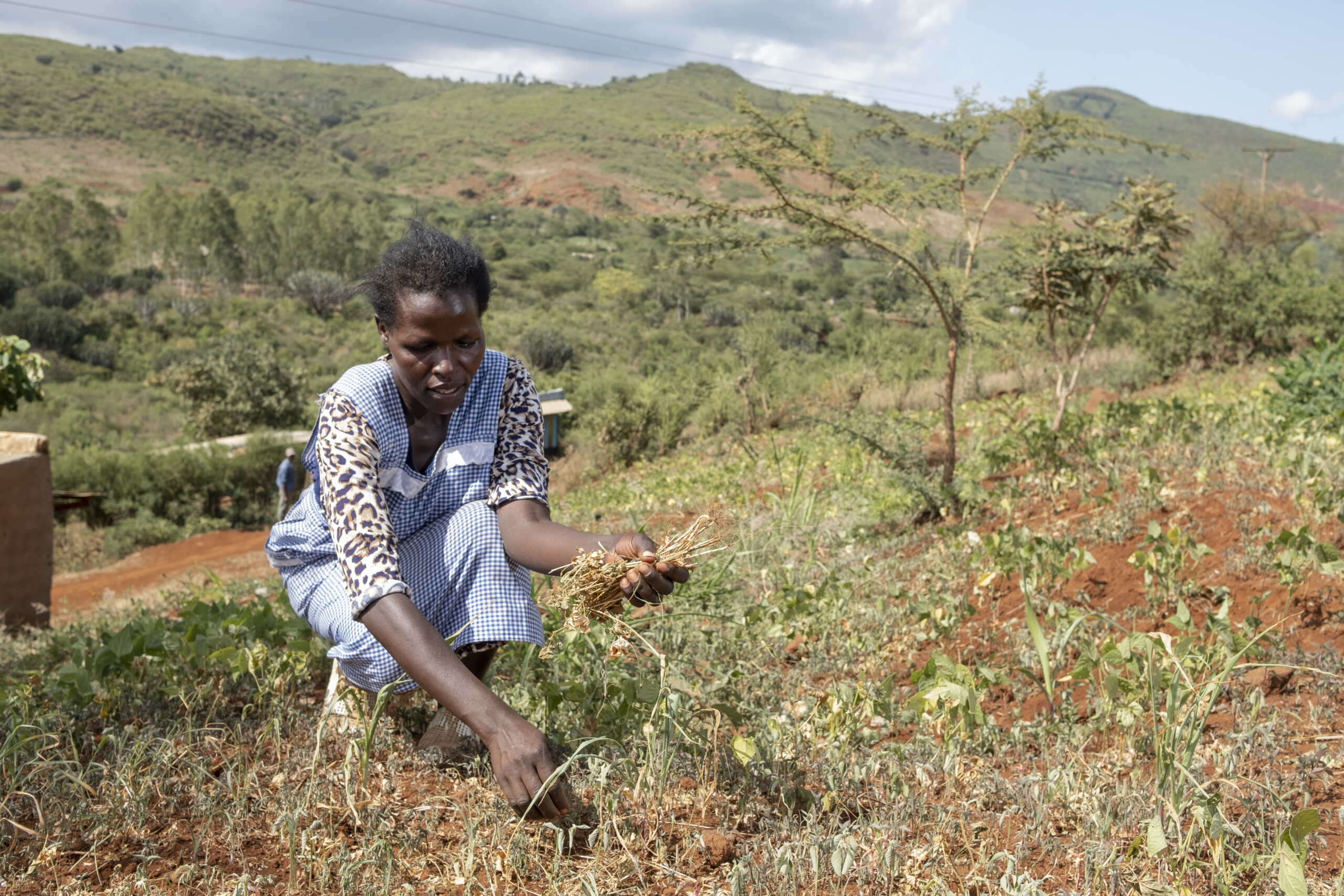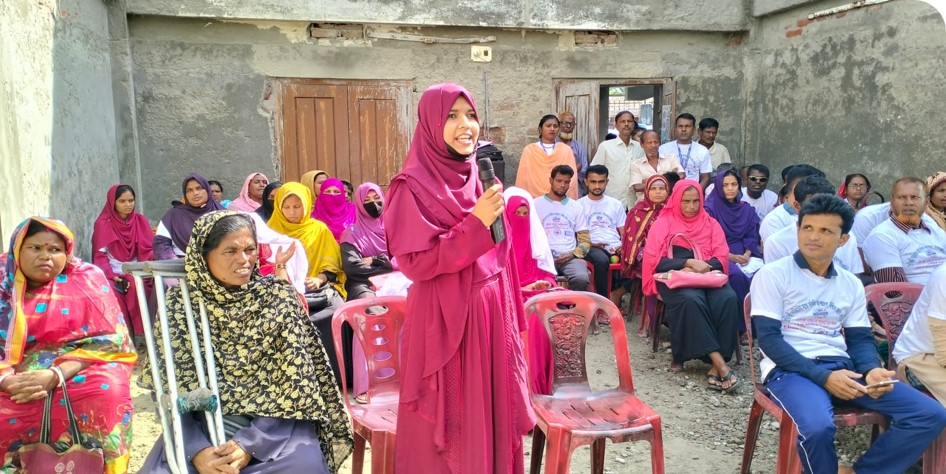Learning from CBM Global partners
News | October 12, 2022
Learning from our partners is key for CBM Global. In May 2022, we invited our partners to an online survey and focus interviews to learn what we’re doing well and how we can do better as an organisation. We are pleased to share the results of our first Partner Feedback Exercise and the lessons we have learned from them.
Download the report of our findings from the survey and the interviews, and our responses to them: Partner Feedback Exercise (2022) (Spanish, French).
Download the summary report: Partner Feedback Exercise (2022) Summary (Spanish, French).
“[When we’re with CBM Global,] there is no institutional ego in our discussions” – Partner from Indonesia
Embracing partnership
Partnership is at the core of how CBM Global works. Embracing Partnership is one of our core organisational values. We have defined six partnership commitments that ground all that we do:
- complementarity of purpose
- inclusiveness
- responsiveness and flexibility
- mutual responsibility and accountability
- trust and respect
- joint learning
We strive to adhere to these in all aspects of our work and want to be held accountable to all we work with and who may be affected by our work, most importantly people with disabilities and their communities, and our partners. An open attitude to receiving feedback and complaints is paramount to our ability to:
- improve as an organisation
- facilitate learning, and
- break down donor-recipient power dynamics when working with others.
We recognise that we can always improve and aim for an environment that encourages partners to give us feedback and to clearly communicate their expectations and hopes.
CBM as an organisation went through significant changes over the past two years, which have resulted in the formation of CBM Global as a new Federation, newly engaging with many partners. We understand these changes may have impacted partners in a variety of ways, and that it is still early days for partners to have a firm view on their partnership with CBM Global. It is important, though, for us to listen to our partners also now, to hear what we need to keep doing and where we can improve, and also establish a baseline to be able to assess our progress over time.
In 2020-2021 we sought feedback through in-depth interviews with organisations of persons with disabilities. This was at a time when we were setting out our commitments toward working in partnership with the disability movement. Earlier this year we published a “We have a key role now” report with the findings from these interviews and our improvement commitments.
Learning from our partners
In May 2022, we widened the feedback scope and invited all organisations with whom we had a formal relationship at that moment and who implement in-country projects with our financial support, to respond to an online survey. References to ‘partners’ in this report are to these 88 organisations. The survey was complemented by focus interviews with ten randomly selected partners, conducted from June to July 2022. We wanted to understand these issues well, to be able to be very targeted and set the right priorities, in taking relevant actions. The interviews were conducted on an entirely anonymous basis by an external consultancy, Agency RED.
As a response to the partner feedback, we have developed an internal, detailed action plan which we have already started implementing. Our partners will continue to be progressively informed as we improve our various ways of working. We invite partners to continue to give us their valuable feedback, informally or via our formal feedback channels, which are captured on our website.
We plan to conduct a similar feedback exercise every two to three years, allowing us time to work on our commitments. This will help us track how we improve our ways of working over time, based on partner input.
Robert Donnelly, CBM Global’s International Director, says:
“Two key reasons why I’m passionate about CBM Global and our work is that we are committed to working in authentic partnership, and to rebalancing power and decision making. This is very much a journey we are on together with our partners. We’re not there yet, but the feedback our partners have given us via our first partner survey and interview exercise is essential in helping us move in the right direction. It holds us to account on our commitments. We’ve listened, and we are taking action.”
https://cbm-global.org/news/learning-from-cbm-global-partners
Related News

One in Five Is Not Enough: The gains on Disability Inclusion have not gone far enough
One in Five Is Not Enough: The gains on...

COP30 Is a Turning Point for Disability-Inclusive Climate Action
As the world gathers in Belém, Brazil, from 10–21 November 2025 for COP30, the message from...

Achieving resilience for all requires funding disability inclusion in DRR
On International Day for Disaster Risk Reduction (DRR) 2025,...
